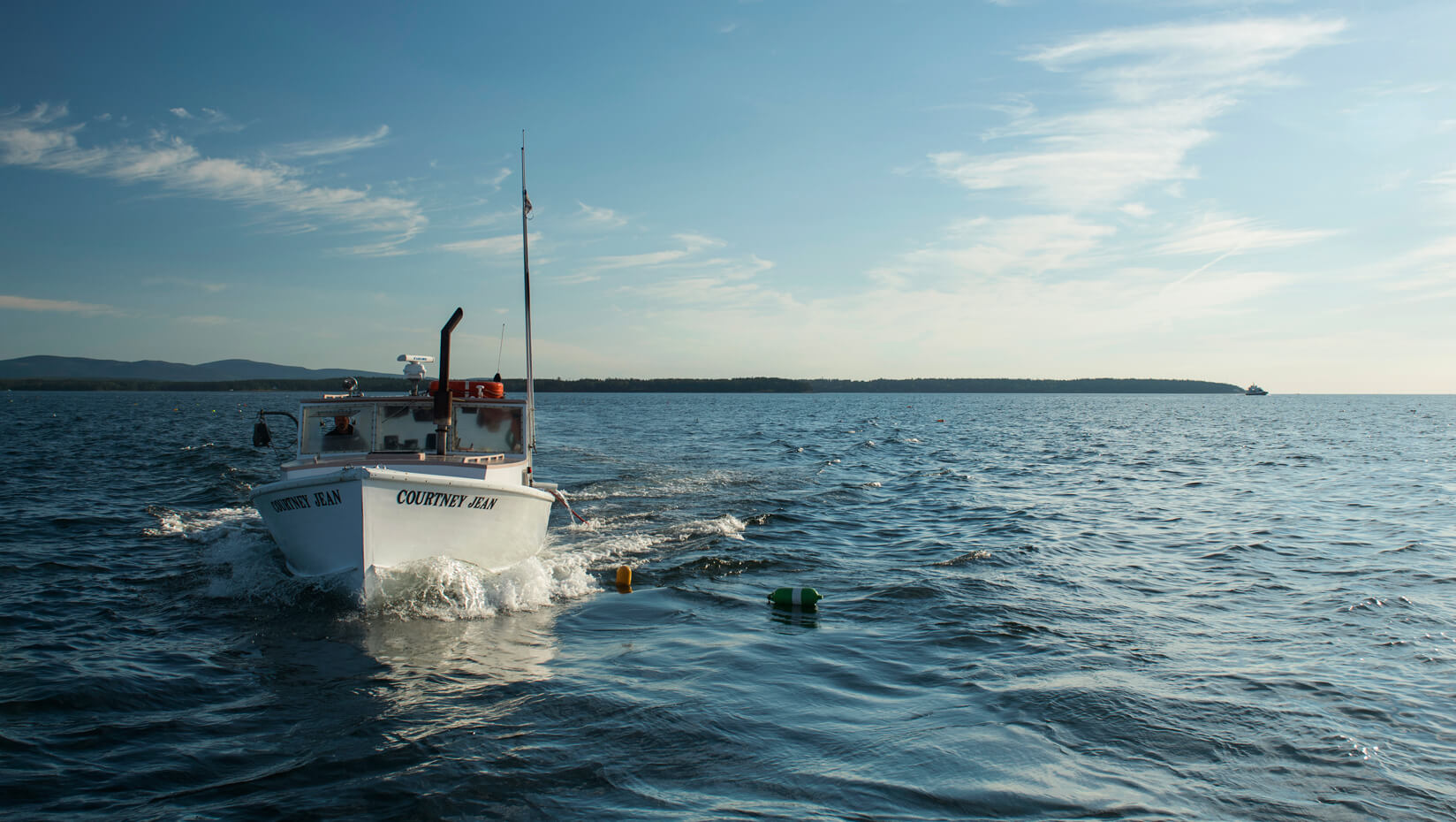
UMaine graduate students help inform sustainable ocean management practices
Nineteen graduate students in the School of Marine Sciences at the University of Maine are helping ensure that European fisheries sustainably utilize ocean resources.
The students participated in 20 stock assessment student reviews for European fisheries in early June through the International Council for the Exploration of the Sea (ICES).
ICES is the oldest intergovernmental science organization that develops science and advice to support the sustainable use of oceans.
UMaine is one of two universities in the United States to be invited to review ICES stock assessments as student reviewers, a process which the members of Yong Chen’s laboratory have participated in for the past three years. Chen is a professor of fisheries in the School of Marine Sciences.
Members of the Chen Lab investigate the interactions between commercial fishing, ecological variables and dynamics of fisheries populations and communities using an interdisciplinary approach of fisheries biology, ecology, management, policy, decision making theory, mathematical and statistical modeling, and computer simulations.
“Dr. Yong Chen is one of the most well-known fishery scientists and stock assessment experts in the world,” Kisei Tanaka, fourth-year Ph.D. candidate in ecology and environmental science and member of the review committee, says.
“He has a complete knowledge of existing fishery data and assessment method available for use in the stock assessment, and has helped to ensure many managements are provided with up-to-date assessment procedures. He has brought a tremendous amount of expertise to the state of Maine.”
Stock assessments provide scientific advice for sound fisheries management and offer recommendations for setting annual fishery harvest levels and other important measurements for the industry. The assessments require analyzing large quantities of quantitative and qualitative fishery data using a variety of mathematical and statistical techniques.
“It is an extremely rigorous and technical assignment, so having a peer review process is very important for quality control and assurance of outcome,” said Tanaka.
This year, the students evaluated 20 stock assessments for the Bay of Biscay and Iberian Waters Ecoregions to ensure the methods used were accurate, sustainable and backed by statistical analysis.
“The review process ensures that the assessments are based on the best available science, which is important because these assessments have a large role in the fate of the fishermen’s livelihoods and the fish stocks,” Mackenzie Mazur, dual master’s student in marine biology and policy and member of the review committee, says.
“The Chen Lab is the only lab actively developing stock assessments in the UMaine system, and as a result, our lab researches important aspects of fisheries in Maine, which might not be researched otherwise.”
The stock assessment review process not only helps to ensure sustainable ocean management practices, but also allows graduate students in the Chen Lab to learn how to create and evaluate stock assessments for their own individual research projects, says Jocelyn Runnebaum, a Ph.D. candidate in marine biology who participated in the review.
Jie Cao, a UMaine postdoc associate in the Chen Lab who led the review process, presented the groups results at the ICES WGBIE 2016 working group meeting in Denmark, which was attended by delegates from France, Ireland, Spain, Portugal, Iceland and the United Kingdom.
“Without the peer review process, management may not be provided with the most appropriate assessment method, which may have a large impact on the effectiveness of management programs,” said Tanaka.
Contact: Amanda Clark, 207.581.3721
